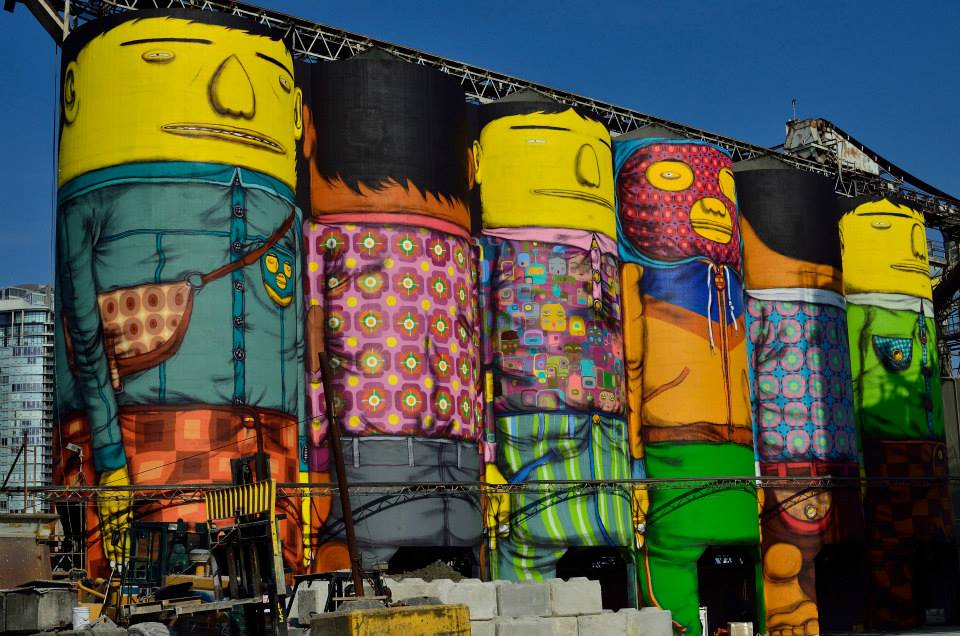Latinos
-
Duration
20112012 -
Work area
Community engagementResearch -
Scope
Local -
Funding
European Fund for Third countries citizens Integration 2010 -
Status
Filed

Latinos was a research intervention promoting the social integration of Latin American minors and young adults living in Milan. The project used a peer research methodology, managing educational interventions in proximity contexts and developing processes of co-planning and awareness raising.
Minors and young adults often reunite with their families who settled in Italy only after many years, placing strain upon their relationships with parents and peers. Such challenges often expose them to marginalisation or push them towards street groups at risk of criminalisation.
As part of the project, Codici launched Demuestro con orgullo nuestro córazon latino (I proudly demonstrate our Latin heart), a campaign to raise awareness among young Latin Americans studying and working in Milan about alcohol abuse, violence and other issues that affect them closely, and to bring out and spread the values of their culture.
The protagonists of the video that took its name from the campaign are young Latin Americans talking about friendship, family and solidarity. This video was conceived and produced by 10 young Latin Americans between 16 and 29 years old living in Milan. Young people with different stories behind them: some were reunited with their families in Italy after many years; others were born in Italy, and others were adopted. Some of them work, some study, and some have experienced challenging moments. However, they all share a common experience: having been part of the Latin American social scene in Milan, which revolves around Latin discos, street groups and other forms of aggregation.
Latinos. Interventi per l’integrazione sociale di giovani latinoamericani (Latinos. Interventions for the social integration of young Latin Americans) was a project realised by Codici, Comunità Nuova, Soleterre and Suoni sonori and co-financed by the Ministry of the Interior and the European Union within the framework of the European Fund for the Integration of Third-Country Nationals 2010.


